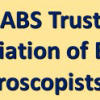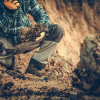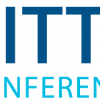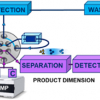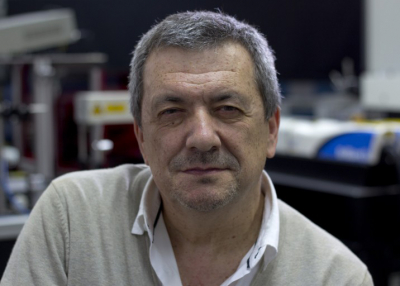
A research team from the University of Málaga has validated the use of a system for more accurate detection of compounds in rocks by fusing different types of data obtained with laser-induced breakdown spectroscopy (LIBS). The research has been carried out in the laboratory simulating the atmospheric conditions on Earth and Mars.
LIBS uses a laser to transform the state of matter from solid to plasma. In just one millionth of a second, the system captures the emission of the elements that make up the sample. At the same time as the change of matter occurs, an acoustic wave originates from the detonation of the mineral. The experts involved in this study have fused spectral information and that provided by the propagation of sound to obtain more reliable data. They confirm that this model for the analysis of materials achieves a better definition of the compounds in less time and at a scale of analysis approaching the attogram.
In comparison with the results obtained with LIBS or the acoustic dataset separately, the results provided by the new system improves the information from 90 % and 77 % respectively to 92 % for Earth atmospheric conditions, and from 85 % and 81 % to 89 % for Mars.
“We demonstrate for the first time that the acoustic wave generated by the laser on the sample can be used to create a statistical descriptor and to improve the capacity of LIBS for rock differentiation”, Javier Laserna, a researcher at the University of Málaga says.







